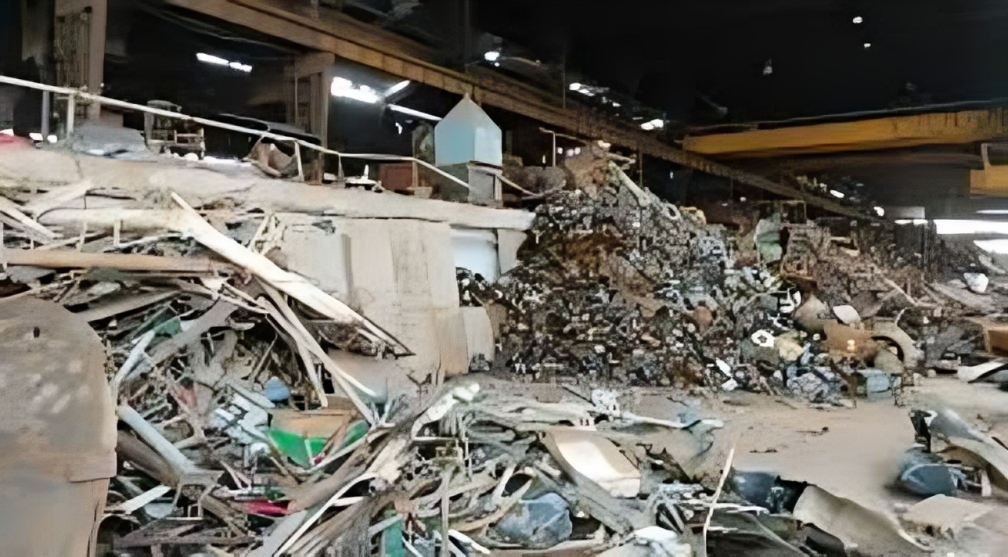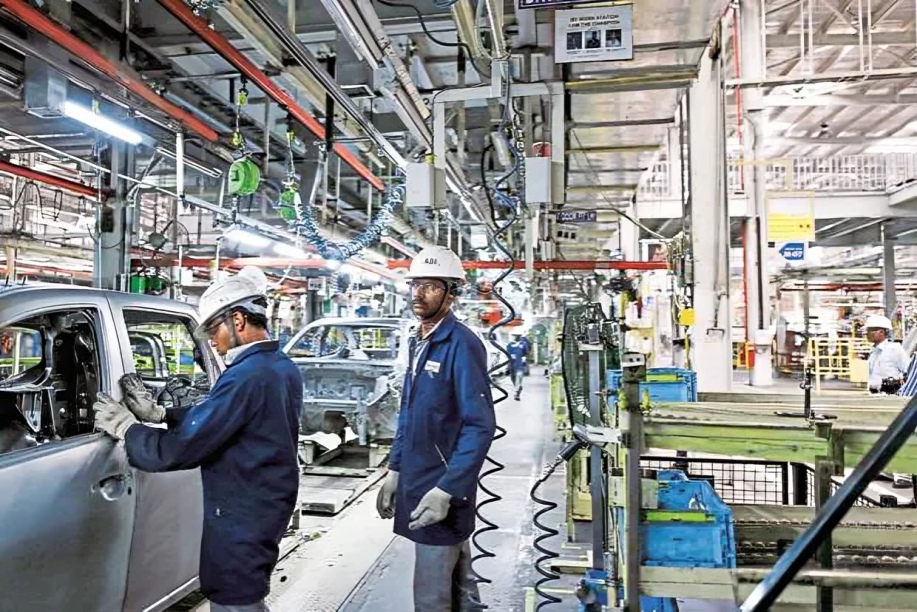The Punjab Industry Crisis has deepened significantly, particularly in Ludhiana, the industrial capital of the state. Business owners, especially in the textile and dyeing sectors, are struggling under the burden of environmental regulations, lack of state support, and bureaucratic apathy.
With no viable solution in sight from the Punjab government, many entrepreneurs are now exploring better prospects in Madhya Pradesh, which has shown proactive policy-making and strong industrial support.
Punjab Industry Crisis Forces Shift Towards Madhya Pradesh
The Punjab Industry Crisis is no longer just a matter of policy neglect—it’s now a serious threat to livelihoods and economic stability. In recent developments, the Punjab Dyers Association (PDA) has officially approached Madhya Pradesh Industrial Development Corporation (MPIDC) seeking support.
During a high-level meeting, PDA directors Kamal Chauhan and Bobby Jindal presented a detailed memorandum to senior IAS officer Chandramouli Shukla, highlighting the grim industrial scenario in Punjab.
What followed was unexpected: the MP government extended strong incentives including:
- ₹5000/month salary support per employee
- Subsidized industrial power supply
- Tax exemptions and establishment subsidies
- Zero interference from bureaucracy
- Direct invitation to explore opportunities in Indore
This bold step has made Punjab’s entrepreneurs reconsider their future within their home state.
Punjab Industry Crisis Deepens as NGT Orders Plant Closures
The Punjab Industry Crisis escalated further when the National Green Tribunal (NGT) ordered the closure of key Common Effluent Treatment Plants (CETPs). Ludhiana’s dyeing industry, which had invested ₹250 crore in four CETPs to comply with environmental standards, now faces an operational halt.
This decision came after the Punjab government failed to construct the required canals to keep these treatment plants functioning.
The result? Shutdowns across 225 dyeing units and ripple effects on the entire textile and hosiery industry. Lakhs of workers are now staring at unemployment, and business confidence is crumbling.
Business Owners Slam Punjab Govt’s Apathy
Many business owners directly blame the Punjab government for the Punjab Industry Crisis. They claim that for the past three and a half years, the state leadership has completely ignored repeated appeals for dialogue.
Not a single meeting was granted to industry representatives. The absence of any concrete industrial policy, coupled with frequent electricity shortages, farmers’ protests, and environmental crackdowns, has created a hostile climate for doing business.
Industrialists allege that administrative negligence and empty promises have slowly eroded Ludhiana’s once-thriving industrial ecosystem.
Madhya Pradesh Emerges as Preferred Destination
In sharp contrast, Madhya Pradesh’s business-friendly approach has made a strong impression. The Punjab Industry Crisis has driven several Ludhiana-based businesses to consider relocating. MP’s focus on:
- Quick approvals
- Incentivized infrastructure
- Transparent governance
- Active industry dialogue
has led many to start feasibility assessments for setting up new units in cities like Indore.
MP’s direct interaction with business leaders, clear timelines, and policy execution shows that it’s not just making promises—it’s delivering them.
Punjab Industry Crisis: What’s at Stake?
If the Punjab Industry Crisis continues unabated, the state risks losing:
- Thousands of jobs in textile, dyeing, and hosiery sectors
- Massive investment flight to other states
- Damage to its reputation as an industrial hub
- A widening gap between policy and ground realities
Experts suggest that unless Punjab government takes urgent corrective action, the outflow of industries may become irreversible.

Can Punjab Government Reverse the Decline?
This ongoing Punjab Industry Crisis is not just an industrial failure; it’s a policy failure. The question now is—will Punjab wake up in time?
To restore confidence, the state needs to:
- Engage with industrial bodies regularly
- Provide timely infrastructure and utilities
- Execute promised projects on the ground
- Offer competitive policies vis-a-vis other states
- Eliminate red tape and ensure time-bound clearances
Until then, Madhya Pradesh remains a serious alternative for Punjab’s frustrated entrepreneurs.
Yash Dayal Sexual Exploitation Case: करियर खत्म होने की कगार पर?

